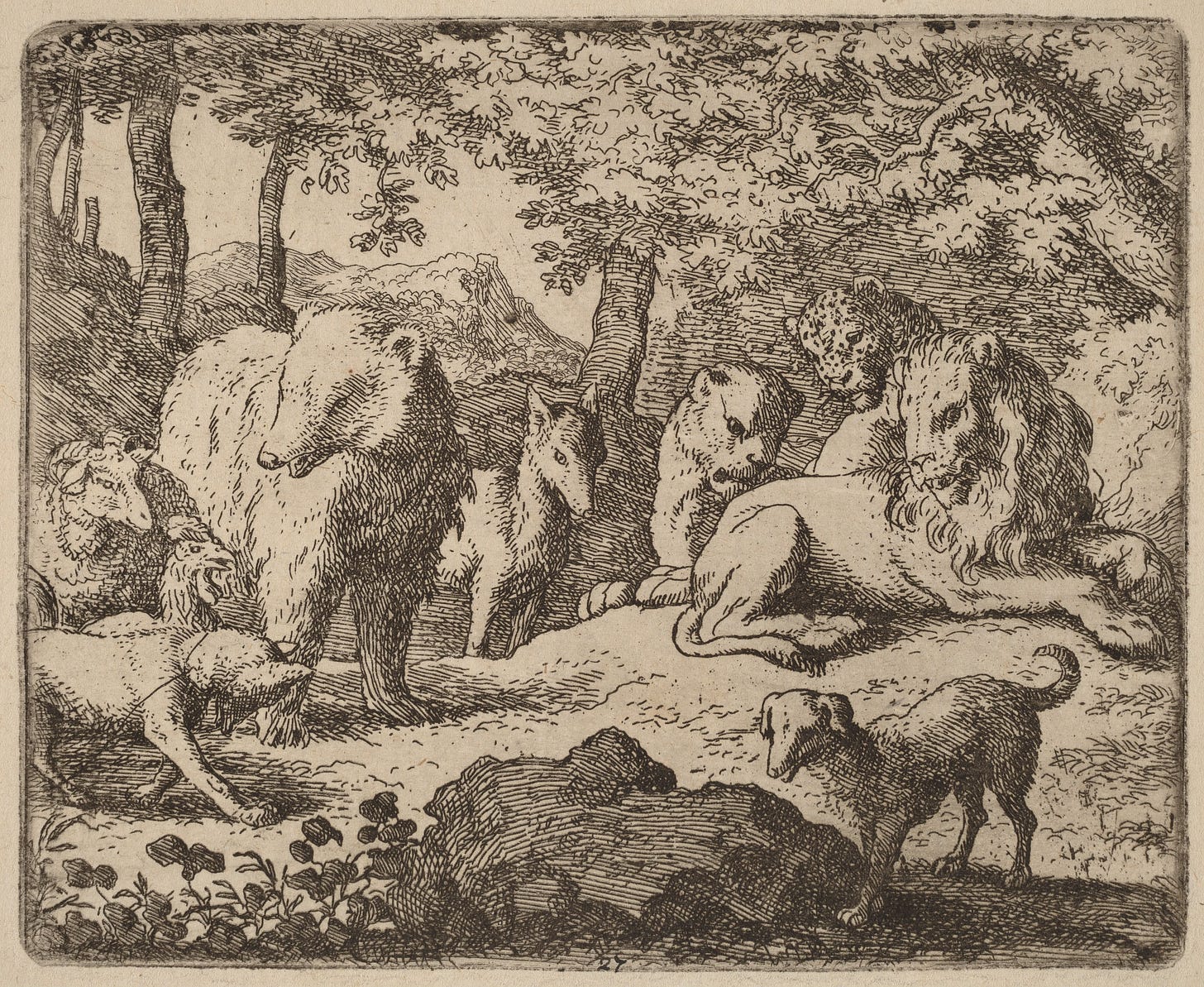
I know my daughter cries
but I’m not there.
Not there to console her
not there to just be there
or to hear why she’s scaredIs she scared? Or just scarred
cause I chose drugs over her?
Yet my love for her ascends like
the flight of a bird.ALEX PIERSON, OREGON STATE PENITENTIARY
Last week, we dropped our kid off for her first year of college. I made her bed and started helping with the dorm room set up. Roommate Anna and her father were unpacking computer equipment in the adjoining room. Both spaces were filling with emptied books and packaging, clothes strewn about. The midday heat was rising as five people nervously discussed the effectiveness of Command Strips (who knew there were such things?) and the best way to secure fairy lights. My daughter was concentrating on how to best organize and fill her desk drawers, and I could see it was time. She needed to set the stage for her new story — alone.
Most of the stories we tell ourselves are not tidy. Where would be if all the words fit neatly into predetermined categories? If we looked at the world myopically? Sure, we could make an image, but that image would lack the grist of life. There would be no need for multiple viewpoints, for new information, for growth.
We have writers expressing their world view and then, within the piece refocus their gaze which allows them to take a new tack, one that helps them navigate to safety, from MDKS’s A Frozen Wasteland:
One father works his hand to bone,
Another left them never known.
They live each day in this danger,
Their only shield hateful anger.
My only wish is to be bold,
As these kids in this world so cold.
And from Teresa Whitesides Falling Wishes:
Later, in high school, I would stay up late,
just to find that one falling star.
Shimmering in the dark sky,
leaving hope in its wake.
These pieces do not require a tight and consistent narrative. In many writers’ pre-carceral lives there was little stability and so turning on a dime meant survival. Word play tumbles the meaning, like the pinball — hitting and turning direction, the result knocks words from one place to the next until we arrive in all together new spot — as we read in When Gifts Lack Presents by OH!:
When you
reach for embrace, I am numb. When you
smell of a house, damn, I meant a home,
my presence is the wind updraft from it,
alone.
Within the movement of Michael Wise’s Wait there is the still moment. In a place where all is held celled, contained, and waiting, there exists dimensions that march along. Changing and aging. Here we have that pinball again moving us through the poem.
Seen and unseen … still
Before and after … still
Good and bad … still
Rise and fall … still
Letting go of an identity that no longer suits you provides powerful, redefining release. Amir’ Whadi Hassan considers this in What’s In a Name?
Why answer to a name that is not mine? A name passed down from a lineage that is not mine; a name to replace one lost to oppression; a name of a thief of culture, heritage, pride, and dignity.
The scent of his mother’s perfume, the smell of bread yeast he carries away from his job, and the anticipated cooking smells from the great first date link these pieces by AM Morrow. In Triptych, he sketches three different eras of his life — son, new father, and suitor. We have a sense of things that he needed to release to uncover what needs to be held: Yet the second I inhale one particulate of White Diamonds all the ill will and bad memories of my life get flushed away. What remains are pure thoughts of a beautiful woman who would regularly get told she looked like a movie star or even more commonly, Shania Twain the country singer.
Back in the stuffy dorm room, I asked if we should go. My daughter gave a resounding yes. I needed clarification, “Back to Portland?” and her face clouded, “No! Just leave for a bit so I can get this set up and show you.” We left, returned with a cold root beer, and wandered off again to explore the campus, waiting until she was ready to release us for our drive home. | TDS


This week's anthology is particularly powerful for me. The poetry was so musical. I heard these pieces being read in public, being absorbed, being felt by those who "knew" and by those who needed to hear.
Thanks for doing this work.